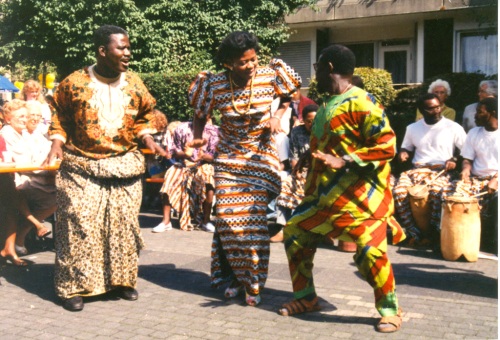
It is not uncommon for African musicians to use the adjective sweet to characterize a positive musical experience. Ewe-speakers may characterize singing and drumming that is performed expertly as vivi (sweet)—generating strong feeling and conveying a meaningful message.
Not a quality of cloying sentimentality, “sweet music” has a presence that moves a listener, often in a profound way. Listeners feel musical beauty through the interplay of the phenomenal surface of musical sound and the theoretical underneath of musical syntax.
African musicians are aware of the expressive opportunities afforded by musical syntax, and intentionally create music within known systems. The evaluative term sweet can open a path towards the scholarly articulation of musical syntax and culturally relevant statements about aesthetic judgment in Ewe agbadza.
This according to “Sweetness in agbadza music: Expressiveness in an item of agbadza singing and drumming” by David Locke, an essay included in Discourses in African musicology: J.H. Kwabena Nketia Festschrift (Ann Arbor: University of Michigan, 2015, pp. 98–123).
Above and below, agbadza music and dancing.
Related article: Traditional Ghanaian sampling



